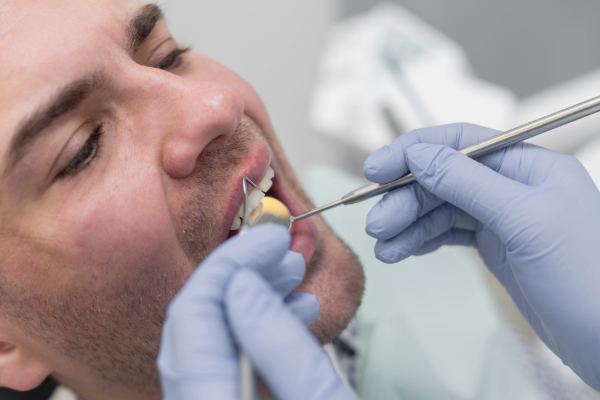
Don’t let dental problems ruin your holidays. Booking early with your regular dentist helps prevent pain, ensures you receive the right treatment, and avoids last-minute stress.
Key Takeaways:
- Book early to avoid holiday emergencies: Don’t wait until the last minute and risk pain or costly treatment.
- See your regular dentist: They know your dental history and can provide safer, more effective care.
- Enjoy stress-free holidays: Routine check-ups now give you confidence and peace of mind throughout the season.
The festive season is a time for family, friends, and plenty of delicious food, but it’s also when dental problems can sneak up if we’re not careful. Waiting until the Christmas break to see your dentist can turn minor issues into painful, stressful emergencies.
And a dental emergency over the holidays? That’s the last thing you want!
At Family Dental Clinic, we want your smile to stay healthy and happy all season long, without the last-minute panic.
Why December is Risky for Dental Health
Every year, dental clinics see a surge in emergency appointments just before Christmas. Patients who have delayed check-ups suddenly face toothaches, cavities, or broken fillings, at the worst possible time.
This not only adds stress to your holidays but also puts a strain on dental teams, making it harder for everyone to get the care they need.
Why Seeing Your Regular Dentist Matters
You might be tempted to see a different dentist at the last minute because of availability, but your regular dentist knows your teeth, your history, and any previous treatments. This knowledge helps them:
- Spot potential problems faster and more accurately.
- Give treatments that are safer and more effective.
- Avoid unnecessary procedures that may not suit your dental history.
Booking with someone who already knows your smile provides continuity of care, personalised treatments, and peace of mind – especially important when time is tight during the holidays!
Book Early, Relax Later
Regular check-ups allow your dentist to spot potential problems early, so they can be treated before they become painful or expensive. By booking an appointment before the holiday rush:
- You avoid emergency visits over Christmas.
- You can enjoy the season with confidence in your smile.
- You give your dentist time to provide the best care without the pressure of last-minute treatment.
Affordable, Flexible Dental Care with Denplan
We believe everyone should have access to routine dental care.
Our Denplan monthly payment plans make it easier to maintain your oral health without worrying about unexpected costs. From as little as £9.75 per month, you can spread the cost of check-ups and treatments, keeping your smile healthy all year.
Schedule Your Appointment Today – Routine Dental Check Ups in Chichester
Don’t wait until the Christmas to prioritise your dental health. Call our Chichester dental clinic on 01243 771171 to book your routine check-up.
A little planning now can save a lot of stress!
